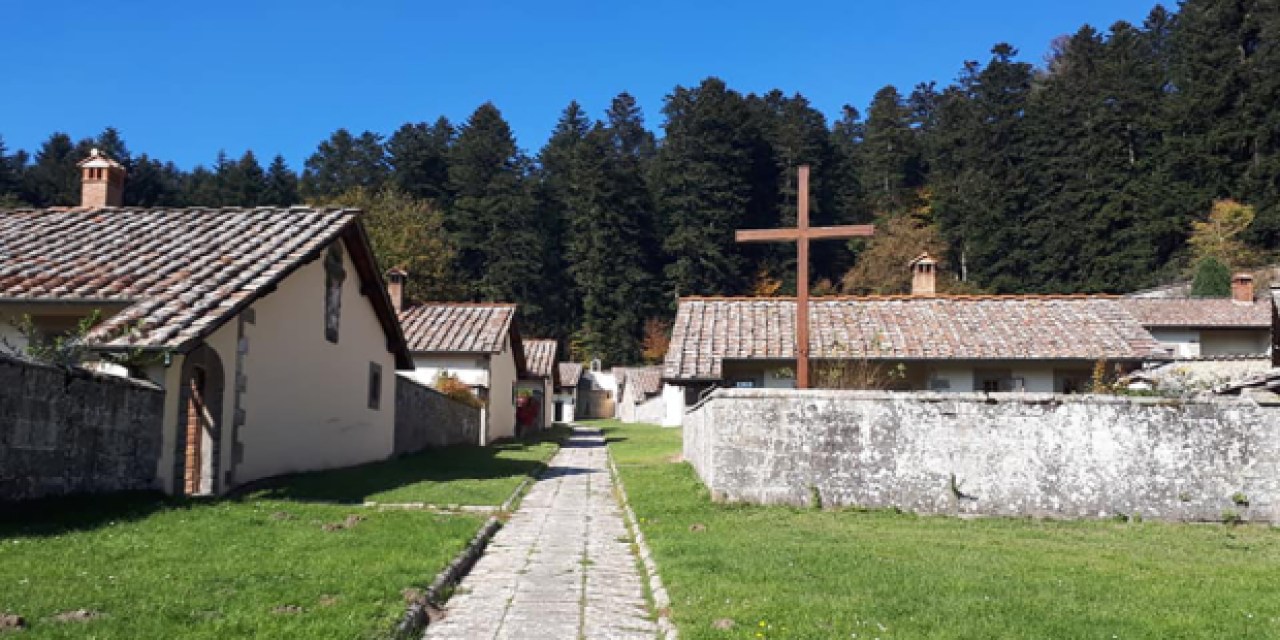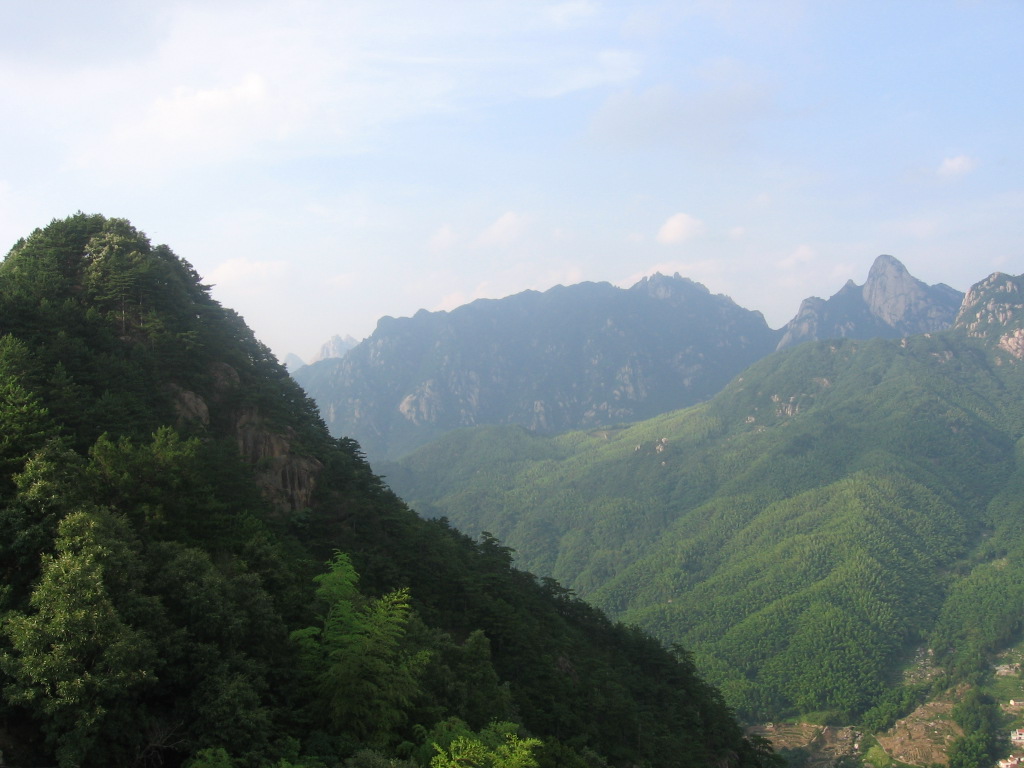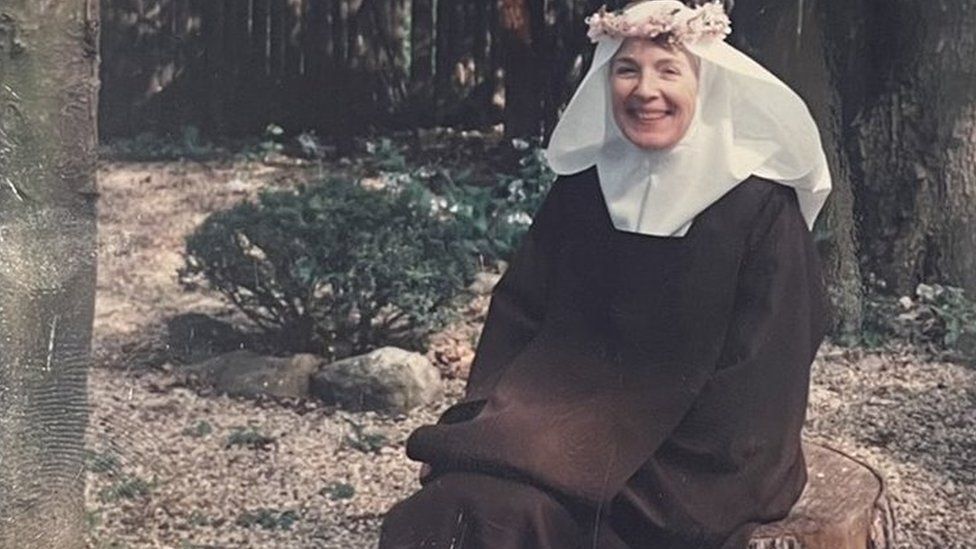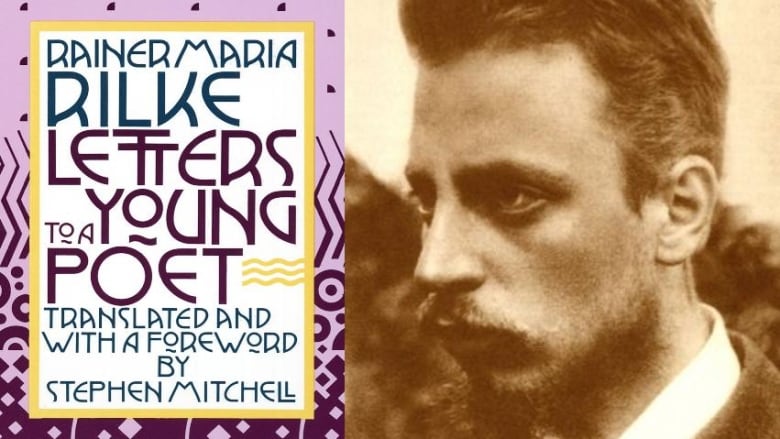The Ottawa Citizen (Canada) describes the work of psychologist and Carleton University professor Robert Coplan on the topics of solitude and loneliness. The article,”The Meaning of Solitude,” focuses on the benefits of soloitude. Coplan offers five points about solitude:
1. Beneficial solitude means different things to different people. The key is that it must be something you enjoy that motivates you, said Coplan. “No one can tell you what’s right for you.”
2. Try to find “micro” moments of solitude in a day. Spend 10 minutes on the back porch or go for a walk around the block. Coplan suggests keeping a diary for a week to track time spent alone and the moods these moments produce.
3. Don’t be afraid to let other people know that you need solitude. “It doesn’t reflect on your relationships. It’s a normative need,” he said.
4. You don’t need to be physically alone to enjoy solitude. Some people enjoy solitude in a place where other people are present, such as a park or another public place. Solitude may simply be freedom from other people’s expectations.
5. Solitude may include access to technology, said Coplan. Some people find it necessary to leave their devices at home. Others consider technology necessary to enjoy solitude because they can listen to music or scroll through news websites. However, he advises against looking at other people’s manicured social media posts. Comparing your own reality to other people’s supposedly perfect lives tends to provoke anxiety.
URL: https://ottawacitizen.com/news/local-news/the-meaning-of-solitude-carleton-researcher-probes-the-flip-side-of-loneliness



